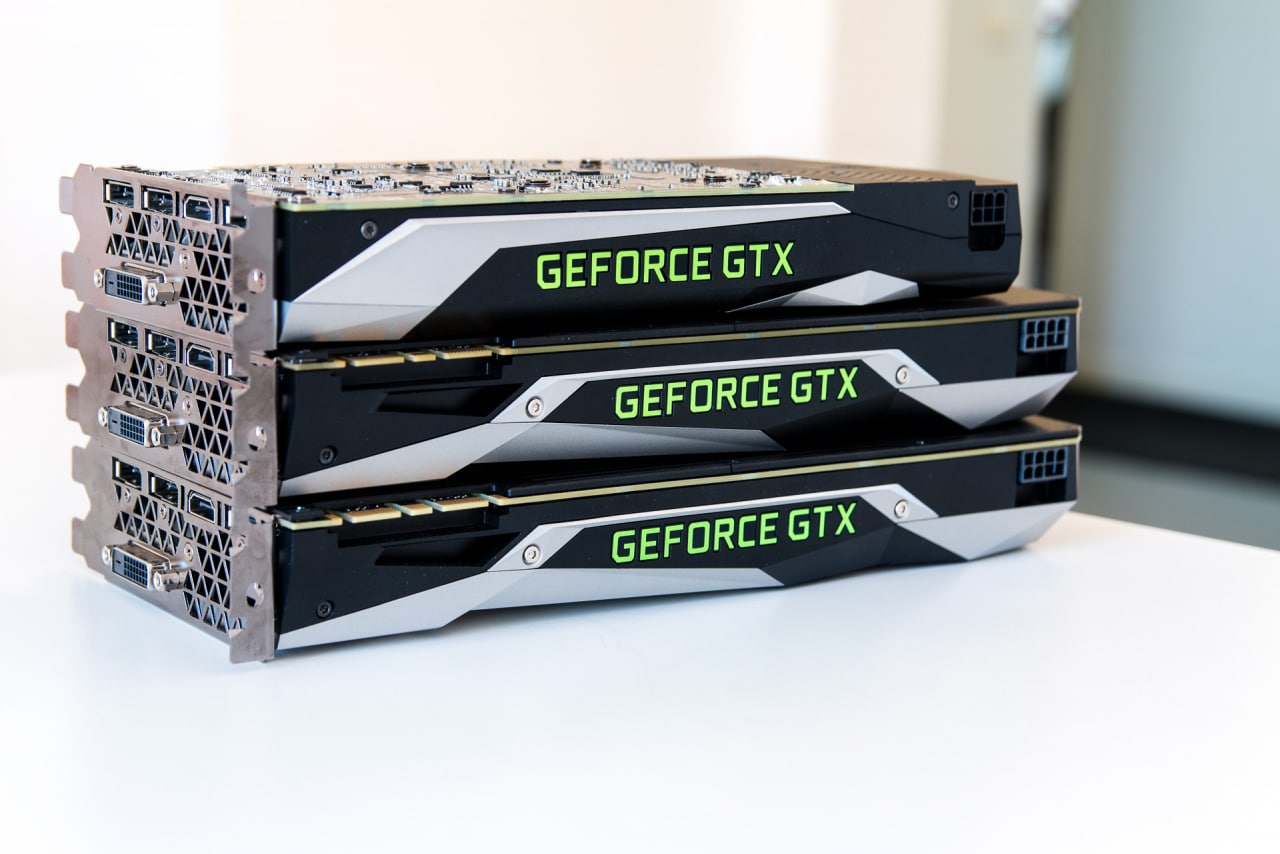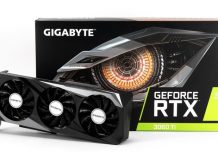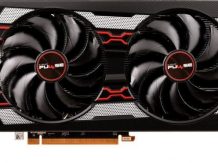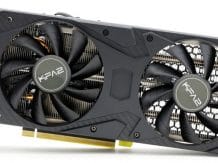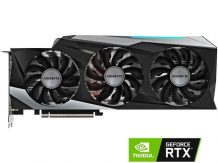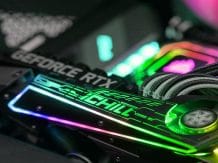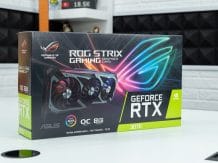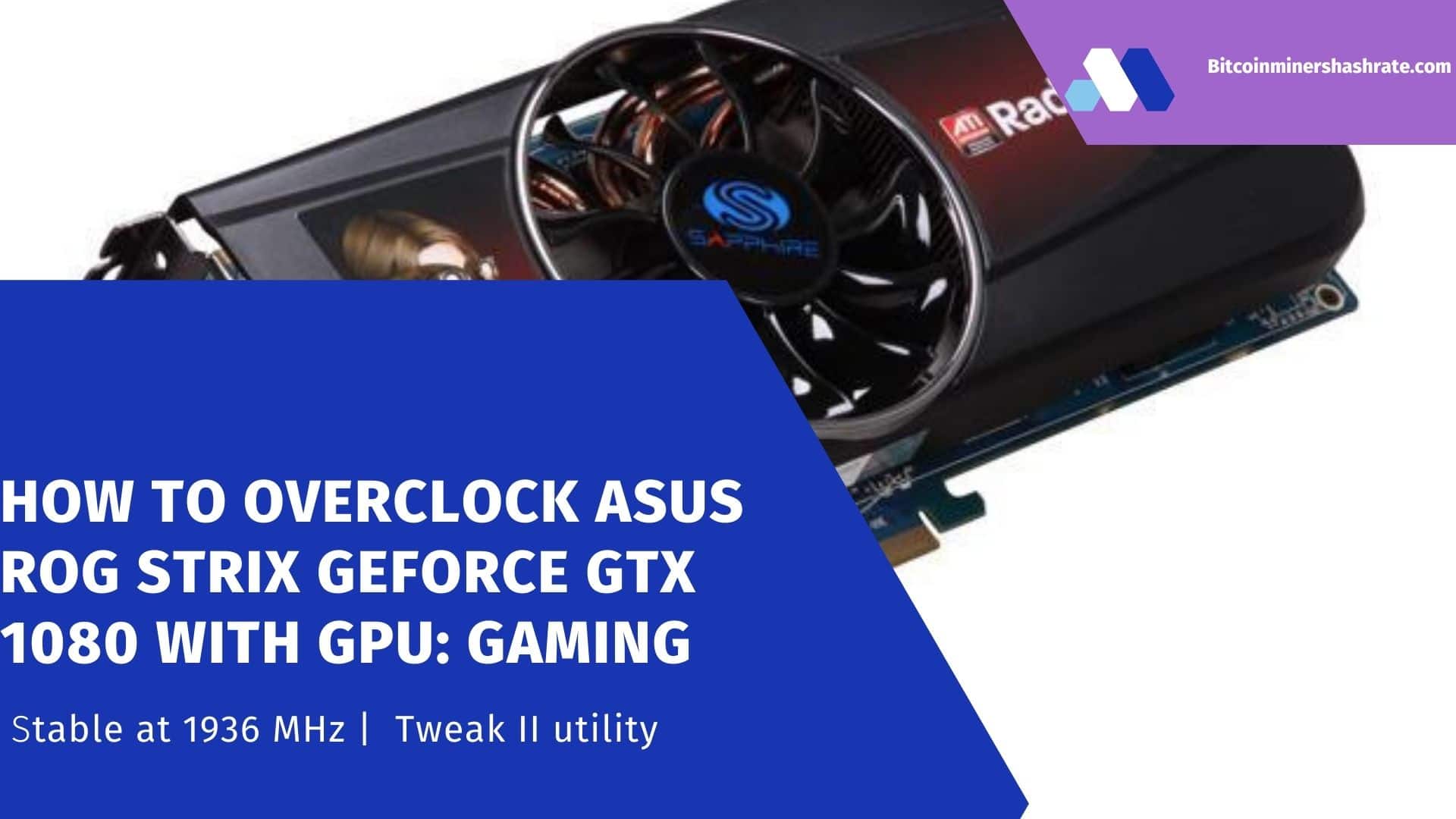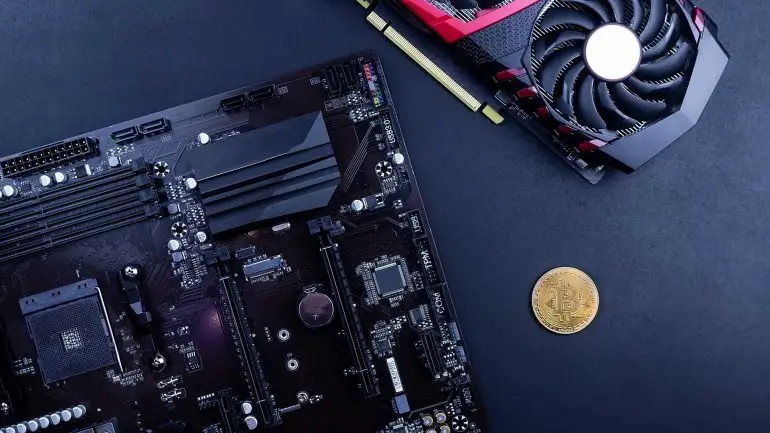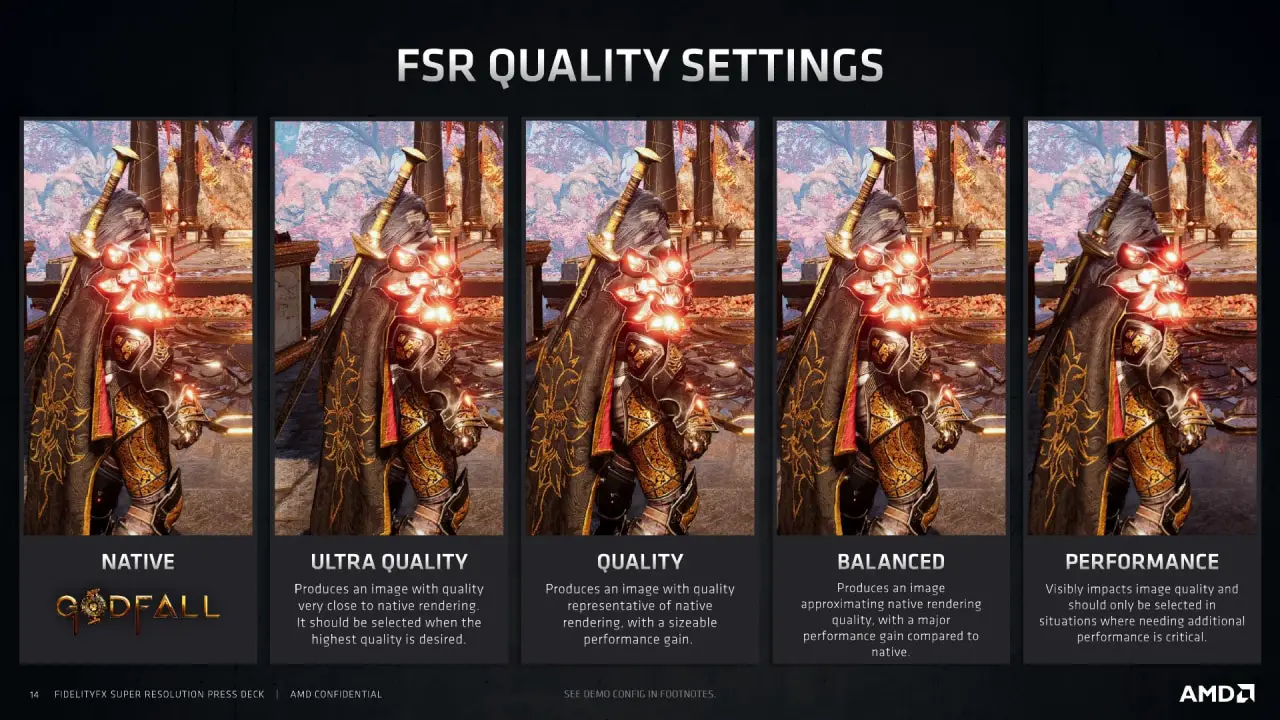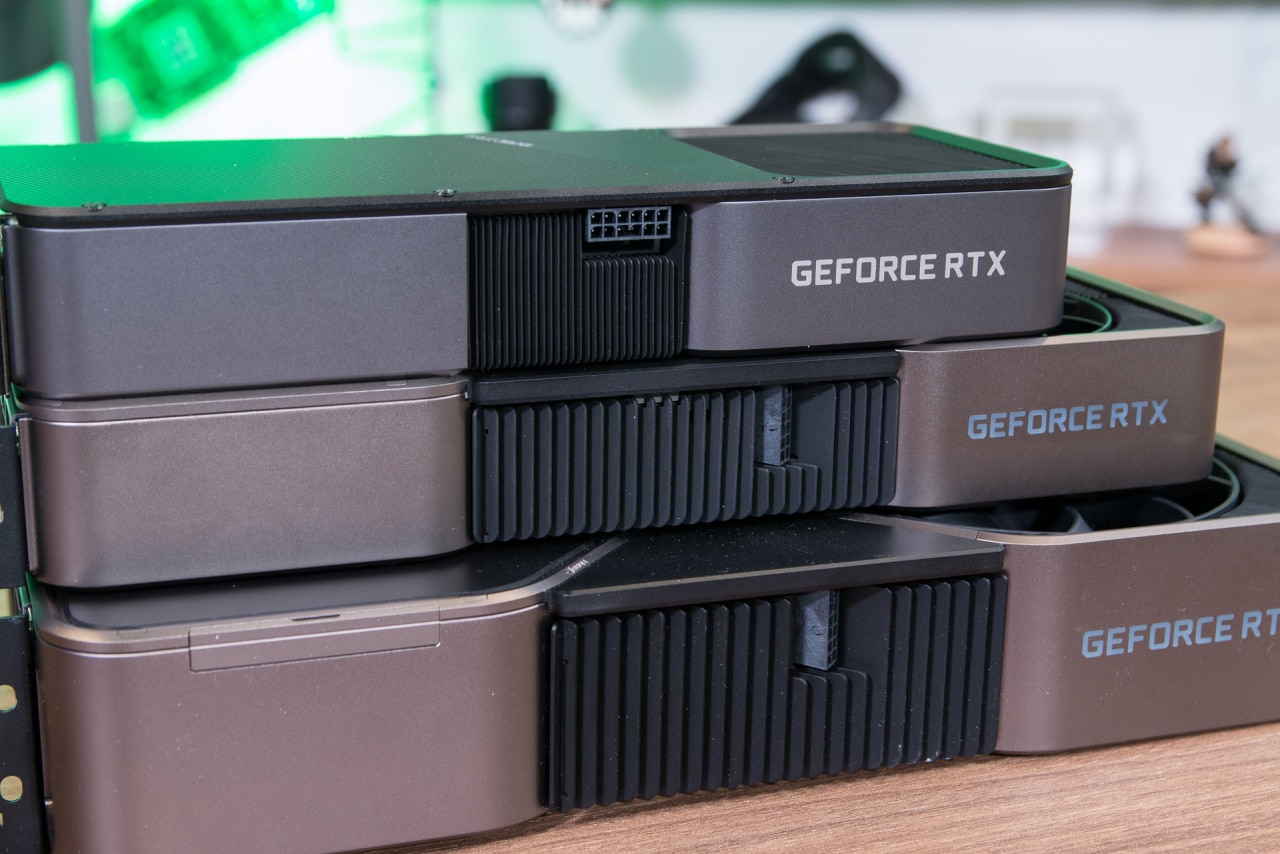While one of the biggest parade numbers with Nvidia’s graphics card in the Geforce RTX family is dedicated hardware for ray tracing in games, however, the latter technology can also be run on older generation graphics cards in the GTX 1000 series. However, the company has chosen to remove support for this in the drivers, with the explanation that the performance would be far too low.
Now, in accordance with its statements at this year’s GTC conference, Nvidia chooses to release a fresh driver that enables support for DirectX Raytracing along with selected graphics cards in the Geforce GTX 1000 series and the Pascal architecture. The list shows all models down to the Geforce GTX 1060 with 6 GB of graphics memory – regardless of whether they are desktop or mobile circuits.
The reason for the decision to activate ray tracingAccording to Nvidia, support for older graphics hardware is that they want to increase the user base that can use the technology to encourage game developers to use it on a broader front. At the same time, quite unexpectedly, the company does not put much pressure on the performance benefits of using a graphics card from the RTX series that has dedicated RT cores for the purpose.
An interesting detail from Nvidia’s own performance measurements is the fact that the Geforce GTX 1660 Ti performs better than a Geforce GTX 1080 with ray tracing activated. According to the company, this is due to the fact that the Turing-based circuit in the former card supports parallel execution of integers and floating point numbers – something that should give a performance boost when ray tracing run on the usual CUDA cores.
Nvidia Geforce Driver 425.31 with support for DirectX Raytracing on the Geforce GTX 1000 series can be downloaded via the company’s website.
Have you tried running ray tracing on a card from the Geforce GTX 1000 series? Feel free to share your experiences in the comment thread!




